The one question that will change how you handle stress forever
How emotionally resilient people think differently (and how you can too)
You can listen to this post on YouTube.
***
There’s a key difference between people who thrive under pressure and those who feel crushed by it.
It’s not talent.
It’s not intelligence.
It’s not luck.
It’s the way they think about control.
Those who remain calm and focused in tough situations have mastered the simple yet profound truth that although you can’t control what happens to you, you can always control how you respond to it.
This article is about how you can switch to this powerful mindset.
The true meaning of the word responsibility
What comes to mind when you imagine taking responsibility? How does the prospect of being held or holding yourself responsible make you feel?
Responsibility is a loaded term but it's also one that has a surprising amount to offer.
"Responsibility to yourself means refusing to let others do your thinking, talking, and naming for you; it means learning to respect and use your own brains and instincts; hence, grappling with hard work."
– Adrienne Rich, American poet, essayist and radical feminist, 'Claiming an Education'.
When we hear this word, we tend to think first of culpability. However, being responsible is not the same as being at fault. Yes, you can (and should) be held responsible for an error, but there's much more to responsibility than just taking the blame.
Consider this slightly horrible example:
If someone set light to your home and burned it to the ground, it would probably not be your fault, but it would be your responsibility. Right away, you'd need to call the police, maybe an ambulance, and work out if anyone's in danger.
But it doesn't stop there. As time goes on, you'd need to make a decision about how you are going to respond internally and emotionally to the disaster. Do you get angry and look for someone or something to blame? Or do you take responsibility for both the external practicalities and your inner world – your emotional health and wellbeing?
Two people could go through exactly the same experience and come out the other side feeling very differently about it. If we choose responsibility, we could even walk away stronger – bolstered by our ability to get through something so utterly horrible. If we relinquish responsibility on the grounds of it not being our fault, however, then we could find ourselves sitting among the charred remains of our homes indefinitely, waiting for someone else to come along and sort things out.
Response-ability
So, let's break the word into two halves. Responsibility is the ability to respond: it's about liberation rather than liability; empowerment as opposed to powerlessness.
And this brings us to the second focus for this article: if we feel like we may lack this vital ability to respond rather than react, then we will probably need to take a look at our locus of control.
Locus of Control
"...you need to learn how to select your thoughts just the same way you select your clothes you're gonna wear every day. This is a power you can cultivate. If you want to control things in your life so bad, work on the mind. That's the only thing you should be trying to control".
Elizabeth Gilbert, quoting Richard from Texas, “Eat, Pray, Love”
The study of locus of control focuses on the fundamental level of agency people credit themselves with, and how this affects their choices of behaviour and sense of wellbeing. The theory examines an important difference between two distinct mindsets: external and internal locus of control.
1. External Locus of Control (helplessness mindset)
People with a predominantly external locus of control believe that external things (such as circumstance, luck or the actions of other people) have the ultimate power to influence the way that they feel and therefore act. For clarity, in this post, I'm going to refer to external locus of control as "helplessness mindset".
Someone with this perspective may say (or think) things like, 'She made me angry', 'He made me do it', or, 'The weather was horrible so I was in a bad mood'. By presuming that things on the outside have power over us, we teach ourselves that our happiness, success and health all hinge on fate, luck and other people's actions, rather than our own.
This can lead to a potentially deep and enduring feeling of helplessness, not least because a similar dynamic gets to work on the inside too. While in this mindset, we may put our automatic thoughts and feelings into the 'external' category and assume that they also have complete control over how our days and lives go, leading to a sense of powerlessness in relation to our emotions, our urges to engage in habitual behaviours, and any other type of internal process.
So, where does this unhelpful mindset come from? An external locus of control comes about as a result of resistance – of pushing difficult experiences away – although I need to point out that we won't necessarily know we're resisting. Rather than doing this on purpose, our resistance may be part of a learned defence mechanism born out of trauma or other challenges faced early in life (more on this later).
Either way, though – consciously or unconsciously – it's normal to try to disown our most uncomfortable thoughts and feelings. But, in doing so, we make them Other, as if they are external to us. In other words, it's to put them into the place where we believe the power is. Ultimately our own thoughts and emotions become monsters in our minds.
It's like some kind of terrible inner Catch 22. So, what's the alternative?
2. Internal Locus of Control (autonomy mindset)
People with a predominantly internal locus of control believe that they are the only ones with any real power over their own emotional state, behavioural responses and overall wellbeing. This is a perspective that can allow us to escape the trappings of a "helplessness mindset" and choose a life of autonomy instead, along with potentially better wellness, success and a whole host of other benefits.
The benefits of an internal locus of control
For example, research shows that an internal locus of control predicts better health outcomes, work satisfaction, and academic success. Those who see the world in this way tend to suffer less from issues such as performance anxiety and procrastination, as well as substance abuse, struggles with weight loss, and various other aspects of mental and physical wellness (you can check the references at the bottom of the post for details on relevant studies).
In short, it's a good thing. But before we talk about how to get hold of an autonomy mindset for ourselves, I need to mention a couple of things.
The control continuum
First, locus of control is not a zero-sum game – we won't be entirely one or the other. Rather, it's a continuum, and we can move quite fluidly between the two ends depending on the situation we're in, our personal triggers and limiting beliefs, emotional state, etc.
Additionally, whether we tend towards an internal or external locus of control may have something to do with our early experiences.
Studies have shown that when high levels of attention, love and security are made available during our childhood years, and when we're encouraged by our parents to express our feelings and take healthy responsibility for our actions, we will be more likely to develop an internal locus of control.
Children who suffer abuse, neglect or other kinds of trauma, conversely, are more likely to develop an external locus of control.
That said, we absolutely do not have to suffer serious abuse during our formative years to find ourselves at the external end of the continuum as adults. This world encourages a "helplessness mindset" in order to sell us quick fixes and miracle cures. In many ways, claiming an internal locus of control is tantamount to a quiet act of rebellion – it means saying no to the forces that actually try to control us, and choosing to prioritise our own needs, values, beliefs and way of life.
In other words, it's not easy. We probably all have certain situations in which we're likely to slip into a helplessness mindset. The good news is that there are ways to guard against this.
How to choose an internal locus of control
Choosing an internal locus of control involves a deep appreciation of the fact that, even though we cannot control what happens to us, we always have a choice in how we respond to – and what meaning we take from – our experiences. It also requires (and inspires) a willingness to begin taking responsibility for our own happiness.
Again, this way of life isn't supposed to be easy – an internal locus of control is not the magic answer to a painless existence – but it's almost certainly less painful than the alternative.
So, let's talk about the how.
Choosing an internal locus of control
Changing your perspective takes time and repetition, so I'm not going to suggest you can walk away from this article as a whole new person. However, there are things you can do right away to encourage your mind to begin the process of adopting an internal locus of control.
As a warm-up, you can consider beliefs associated with this empowering perspective.
Here are some key ones:
I am the only one with any real control over my internal world
I can always choose my response to any situation
I am infinitely more powerful when I choose to take responsibility
Nobody and nothing (other than myself) can ever make me have a bad day
I'm not saying you should repeat these statements in front of the mirror or anything, but if you remind yourself of these ideas regularly – perhaps turning to them when you're in challenging situations – your brain will adapt to accommodate them as truths. Because that's what it does.
But what I really wanted to share here is this:
A key difference between those who operate from external and internal loci of control is how much credence and time they give to the things that are beyond their reach.
The fact of the matter is that our external environment will never be entirely within the scope of our influence; we cannot control other people's opinions, actions or wellbeing. But we don't have to control these things in order to feel okay. Instead, we need to be able to discern the difference between things that require our action (including the action of worrying) and things that don't.
It comes down to adopting this attitude when something isn't playing out the way we'd choose:
If I don't like it and I can change it, I will. If I can't change it, then why bother wasting the energy it takes to worry about it?
It's not that we won't care when the political situation is atrocious or that people we love are going through a hard time. It's not that we won't even notice when the weather is about to ruin our proverbial picnics. It's just that we will choose not to let the anger, fear or disappointment evoked by these things monopolise our thinking and ruin our lives.
The Action Question
There is one simple question that someone with an autonomy mindset will be far more likely to ask themselves than anyone stuck at the other end of the scale.
That question is this:
'Is there anything I can do about this right now?'
When the answer is ‘no’...
The vast majority of things we worry about exist in a realm beyond our control, which means that our worrying serves no purpose beyond self-harm. If we're feeling anxious, resentful or guilty about something that we cannot rectify or improve, then feeding and sustaining those emotions is a form of self-sabotage.
This is true of both the things we can't affect full stop, and things we can't do anything about immediately. To stay up all night worrying about a conversation that needs to happen tomorrow is also a form of self-sabotage.
It takes a little practice, but when we ask this question and get 'no' as an answer, we need to give ourselves full permission to let go of the issue. My favourite way to do this, especially when some kind of worry is trying to keep me awake at night, is to write it down and throw it in the bin. At times, I just imagine doing this and that's enough to calm me down.
When the answer is 'yes'...
Sometimes, of course, there is something I can do about this right now'. In these situations, the question helps us create a habit of taking responsible action (and sooner). Perhaps we need to appologise, make a plan, tell someone the truth, or even change jobs or file for divorce. None of these things will be easy, but if they're what we need to do then they are the point of our distress – they're what our emotions are urging us to do. Taking action, where possible, alleviates the worry.
In many situations, we won't be able to solve the problem in its entirety. When it comes to concerns about the state of the world or the suffering of millions of people, of course we can't fix things on our own. What we may be able to do, though, is sign petitions, donate to charity, volunteer, spread the word, etc. and all of these things can help. So, if you're worrying yourself sick about something of this kind, and you're in the position to help in any way at all, work out what's possible and realistic for you, do that thing, and then give yourself permission to release the worry.
A note on realism: Just because you could possibly up sticks, move to some faraway warzone and volunteer as a helper doesn't mean that you have to do that. When you ask yourself this question, your answer needs to feel possible, realistic and healthy for you, too. If any one of those things isn't getting a tick, then may just be a 'no' after all. And that's okay.
So, in summary:
Responsibility is not about blame so much as empowerment.
Choosing to take responsibility for your own wellbeing means letting go of the tempting belief that circumstance, luck or other people can control your inner world.
And the ability to discern the difference between fruitless worry and emotions that are asking for realistic, productive action helps you to let go of the stresses that can otherwise overwhelm your experience of life.
Put these ideas to use and your life will almost certainly change.
***
References
Botha F, Dahmann SC. Locus of control, self-control, and health outcomes. SSM Popul Health. 2023 Nov 24;25:101566. doi: 10.1016/j.ssmph.2023.101566. PMID: 38077246; PMCID: PMC10698268.
Lester, D. & Genz, J. (1978). Internal-external locus of control, experience as a police officer, and job satisfaction in municipal police officers. Journal of Police Science & Administration, Vol 6(4), 479-481.
Carden, R., Bryant, C., & Moss, R. (2004). Locus of control, test anxiety, academic procrastination, and achievement among college students. Psychological Reports, 95, 581-582.
Pryer, M., and Distefano, M.(1977). Correlates of locus of control among male alcoholics. Journal of Clinical Psychology, 33(1), 300-303.
Coan, R.(1973). Personality variables associated with cigarette smoking. Journal of Personality and Social Psychology, 26, 86-104.
Williams, GC, Grow VM, Freedman ZR, Ryan RM, Deci EL. (1996). Motivational predictors of weight loss and weight-loss maintenance. Journal of Personality and Social Psychology, Jan (70) 1: 115-126.
Roazzi, A., Attili, G., Di Pentima, L. et al. Locus of control in maltreated children: the impact of attachment and cumulative trauma. Psicol. Refl. Crít. 29, 8 (2016). https://doi.org/10.1186/s41155-016-0025-9
Thank you for reading!
We’re Hazel (ex boxer, therapist and author) and Ellie (ex psychology science writer). We left our jobs to build an interactive narrative app for self-awareness and emotion regulation (Betwixt), which you can try on Android here and on iOS here.



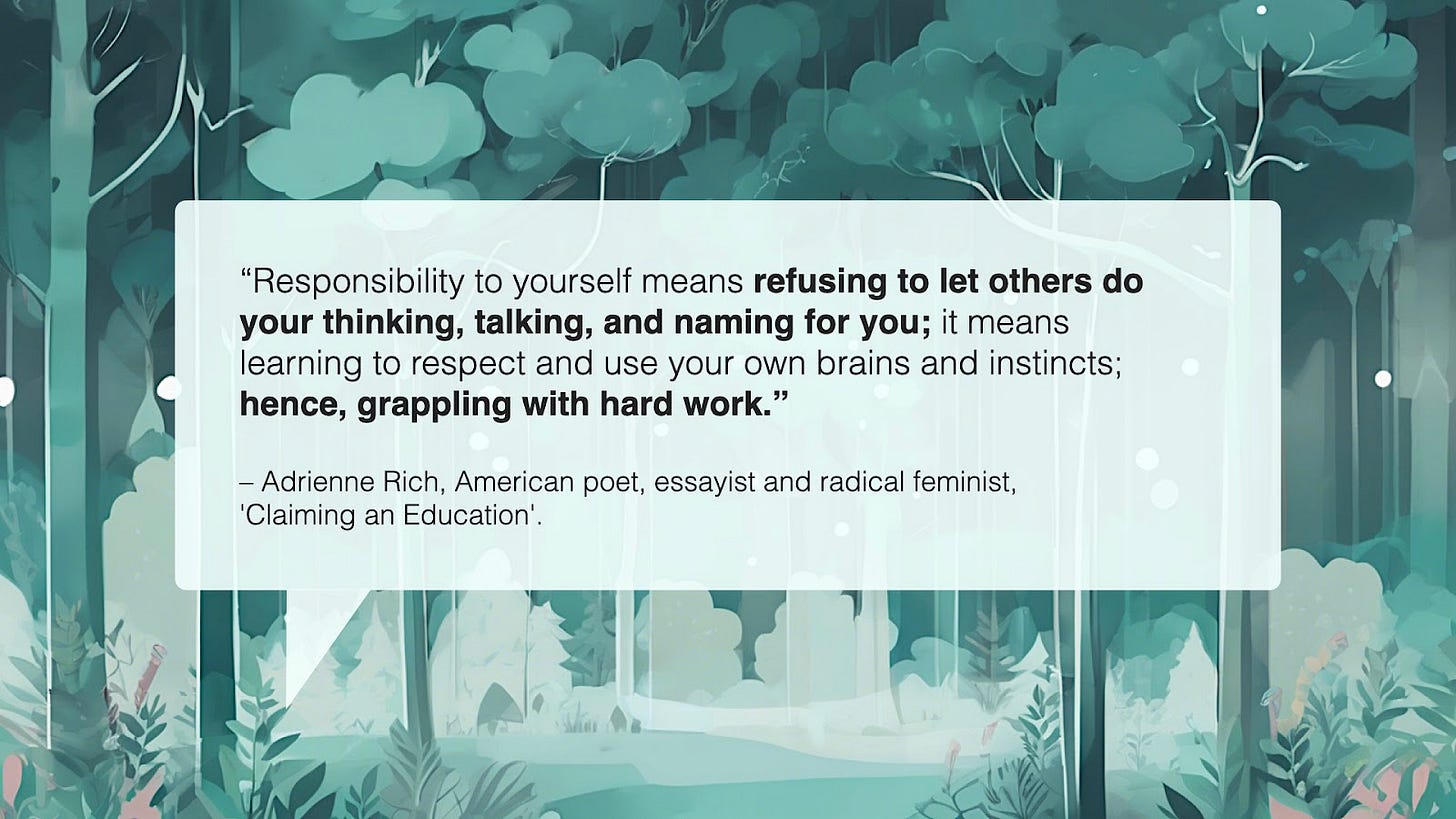
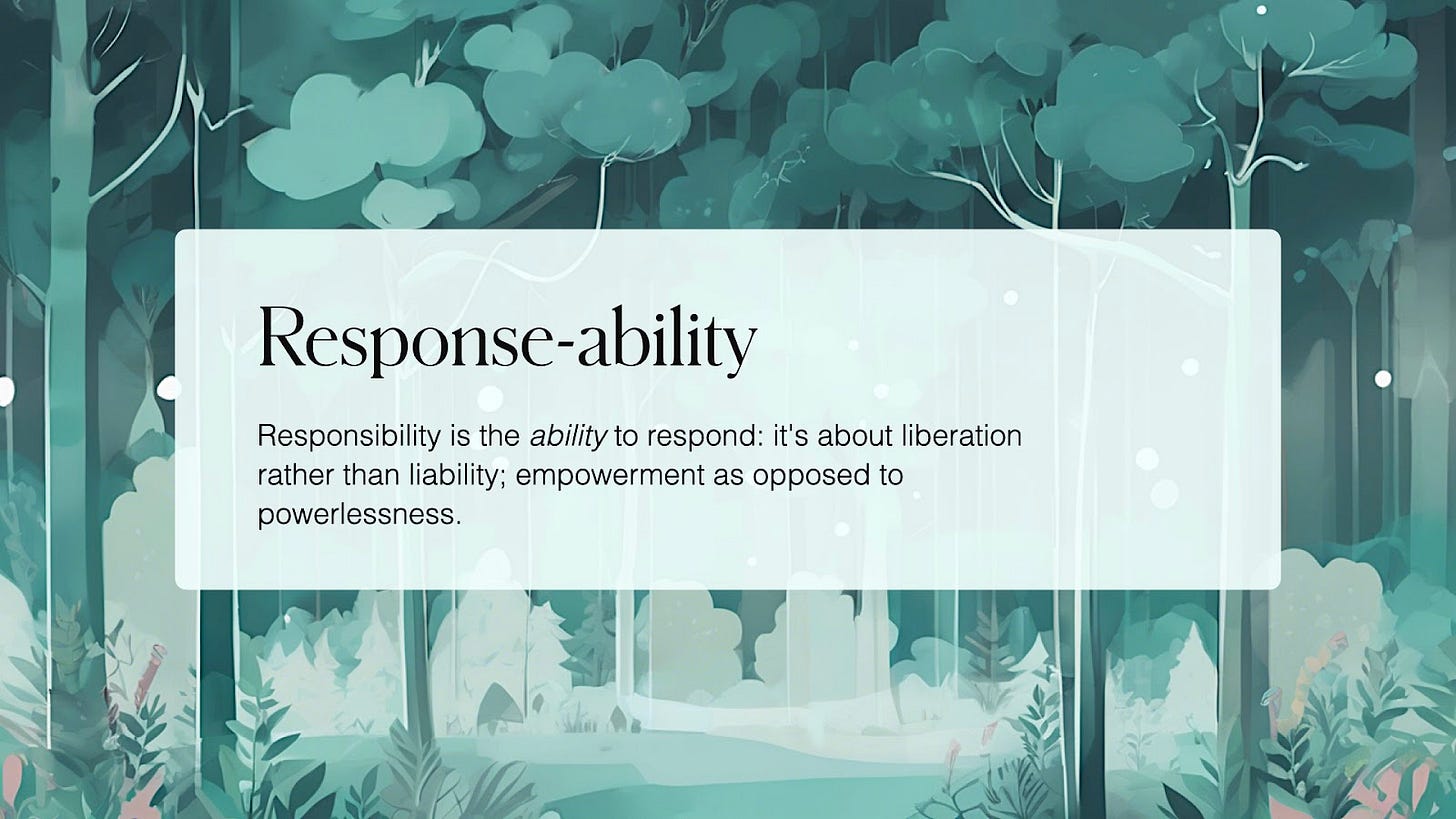
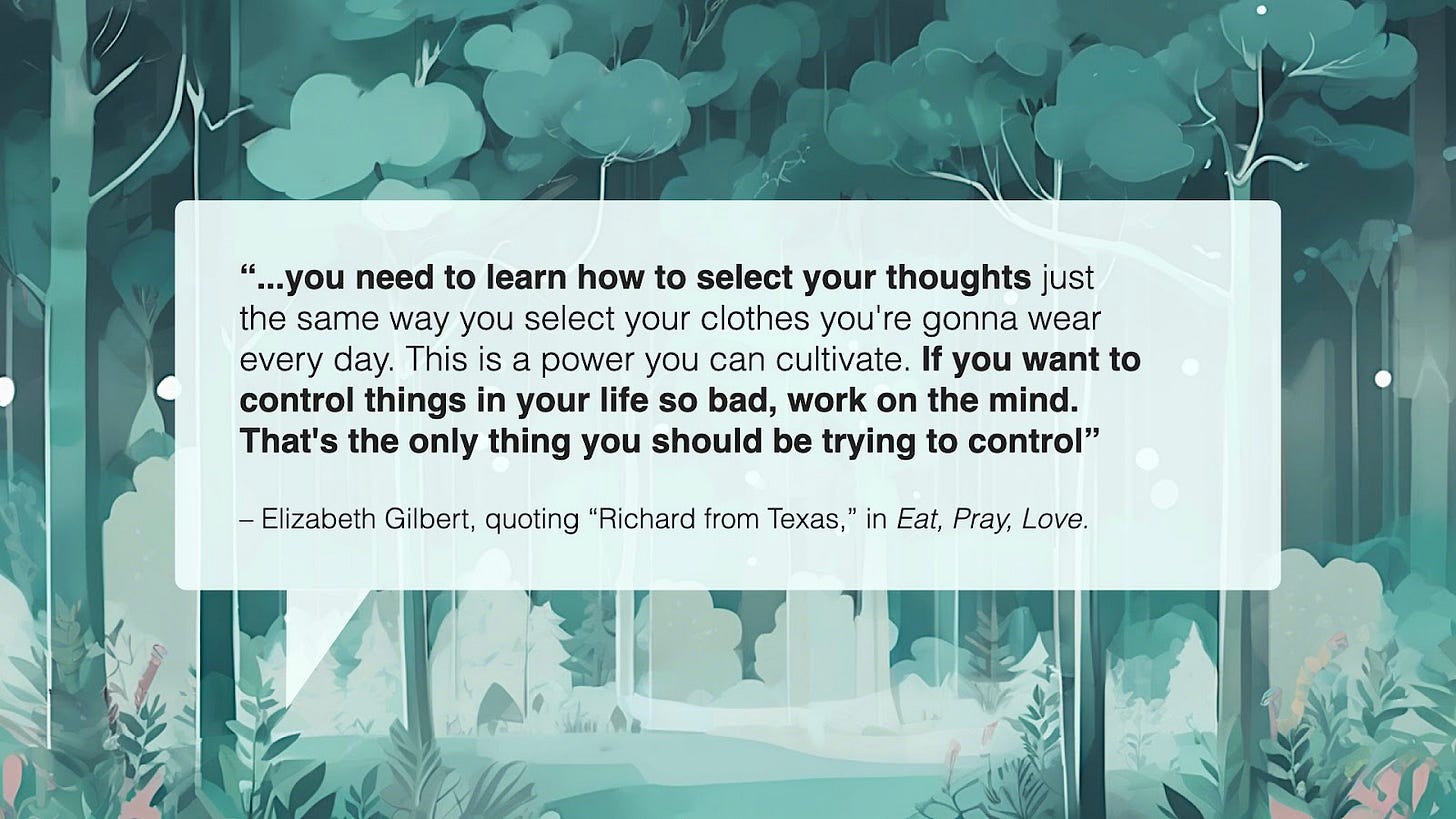
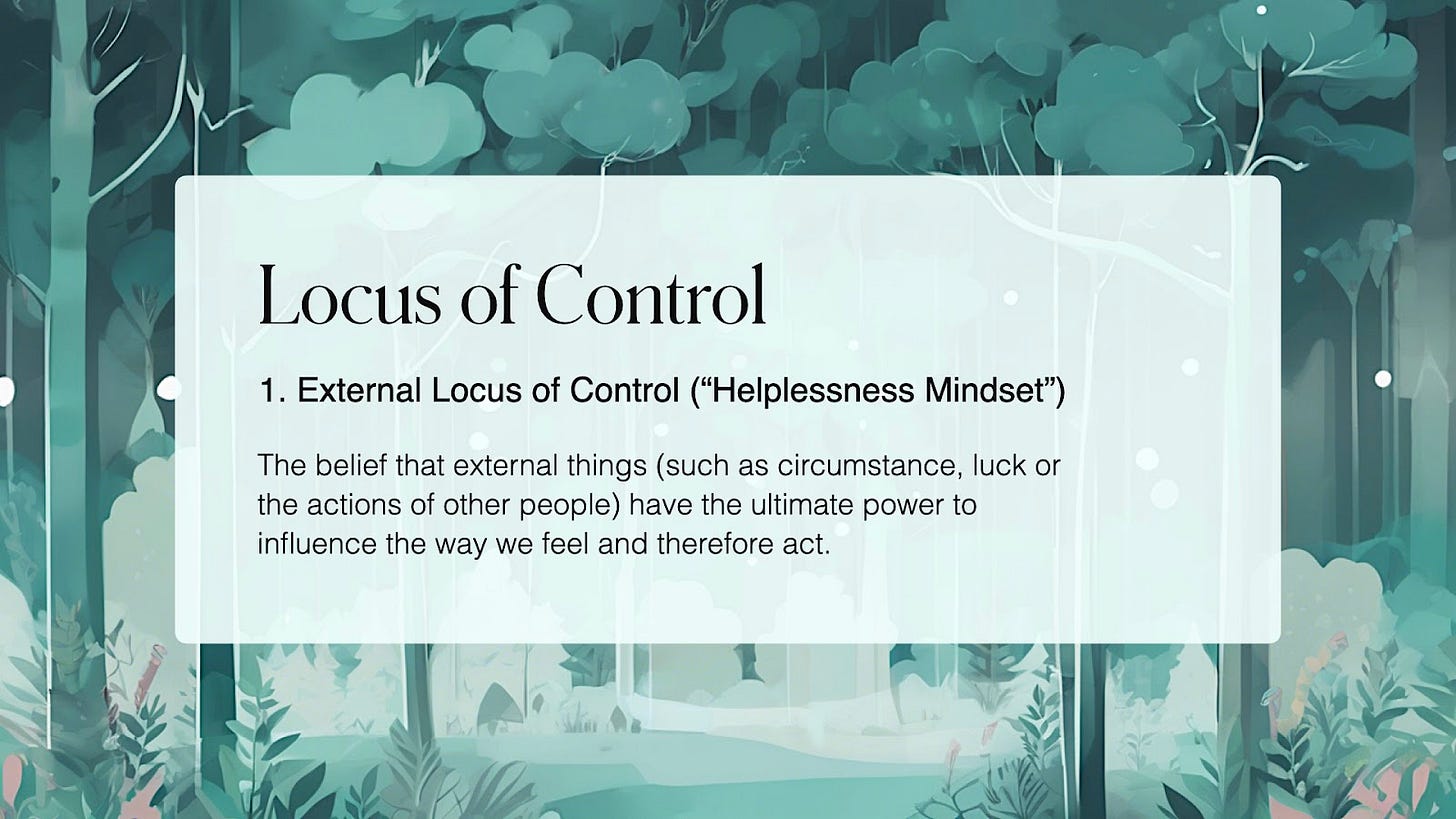
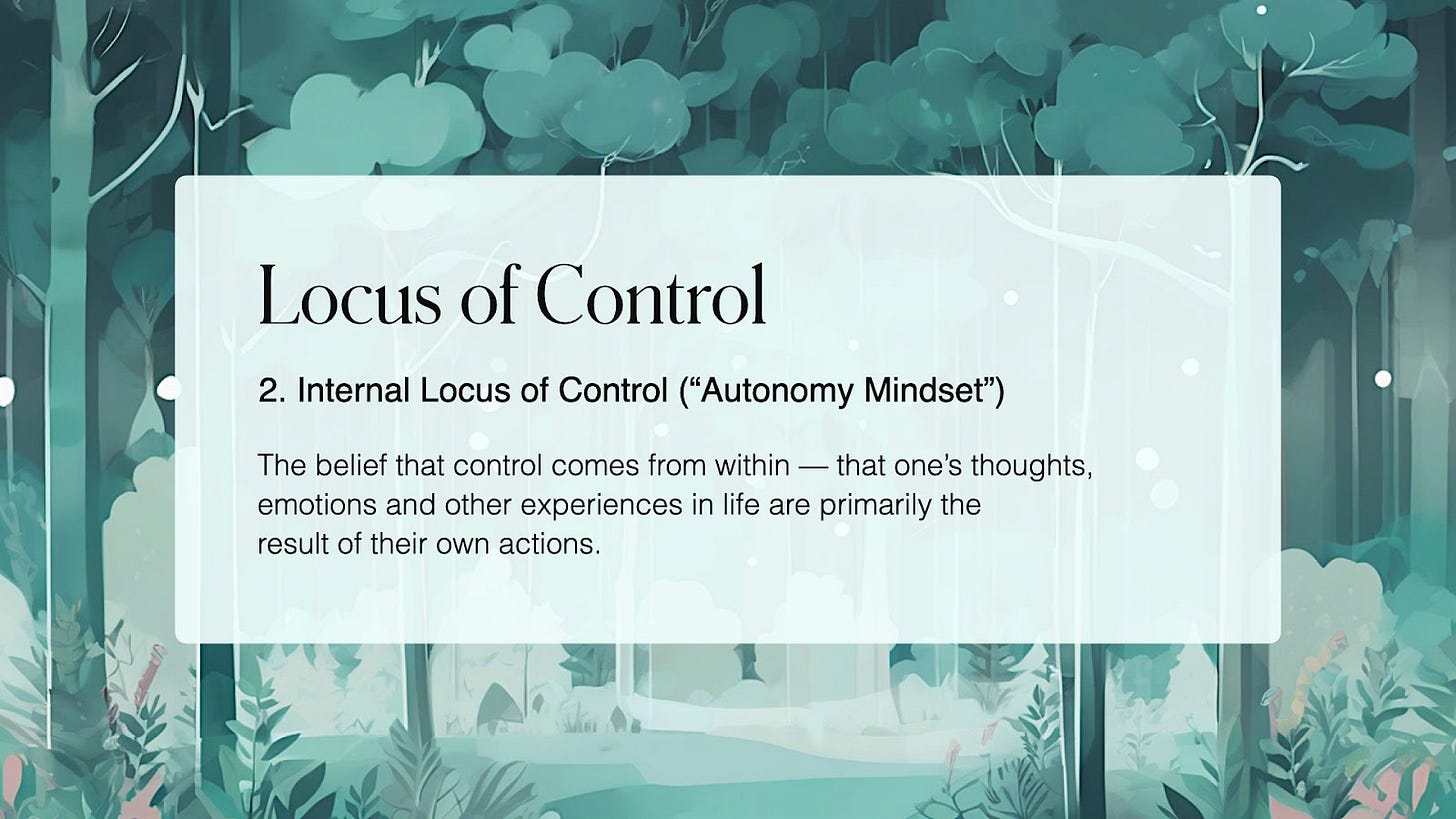
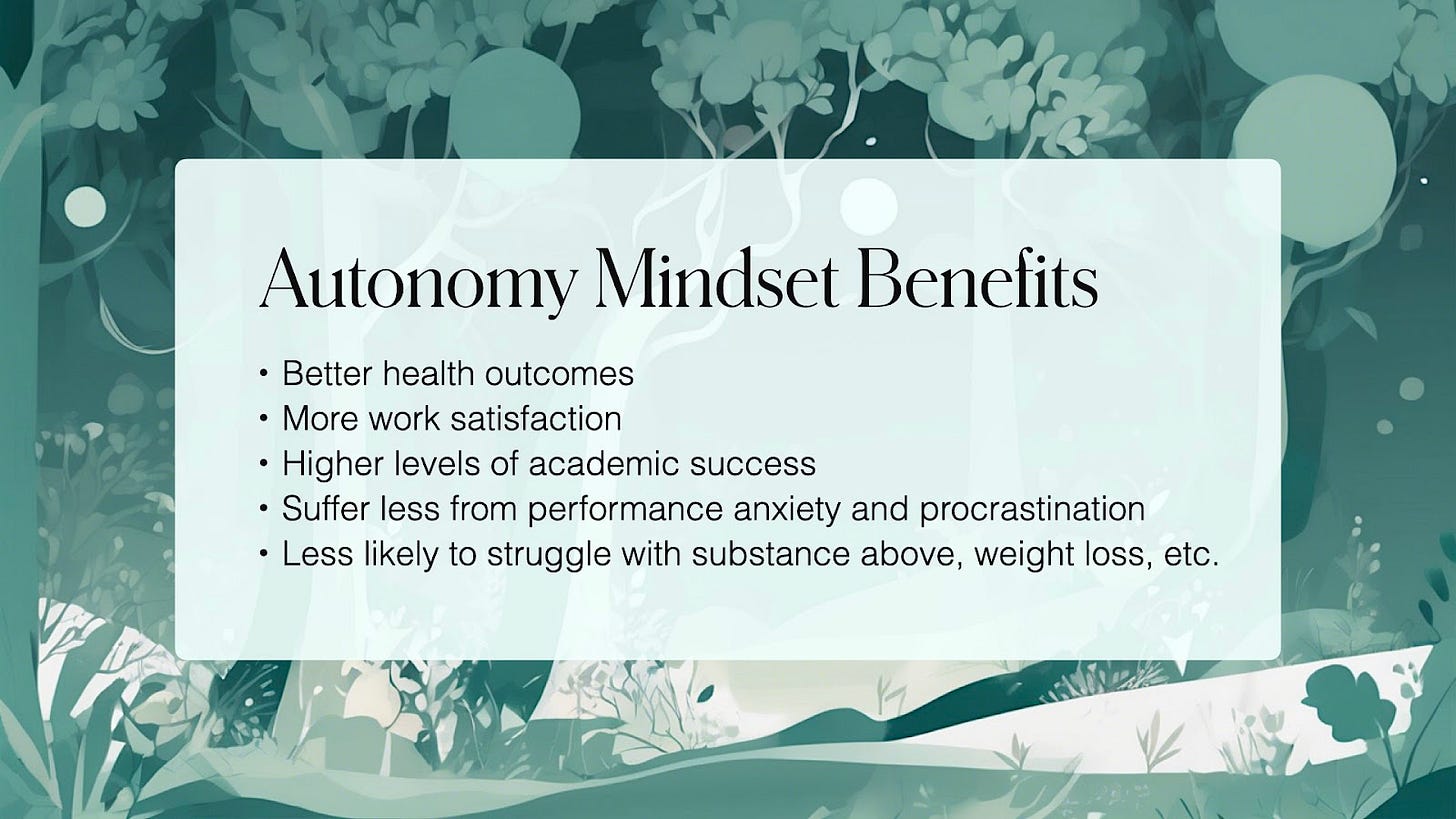
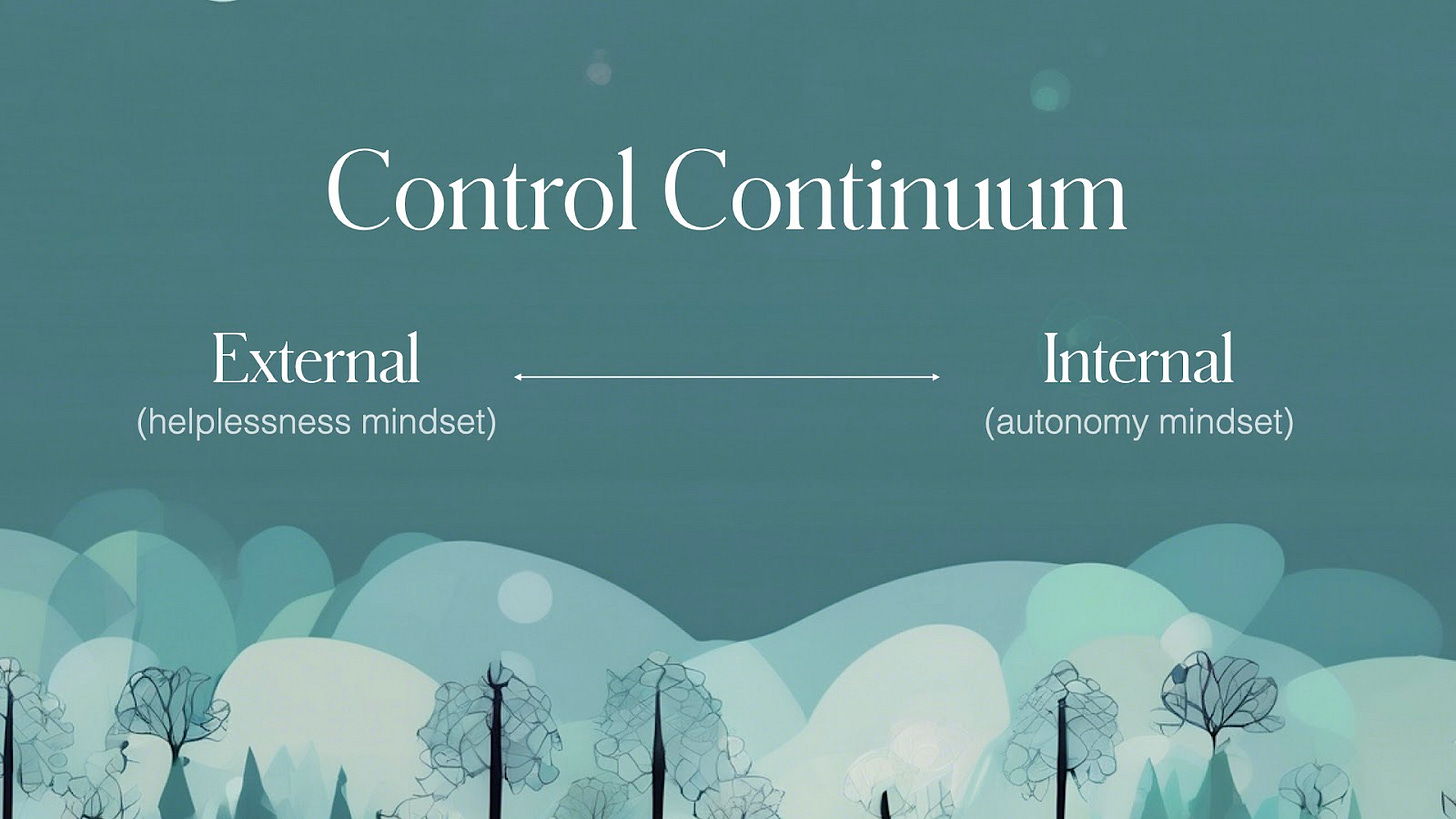
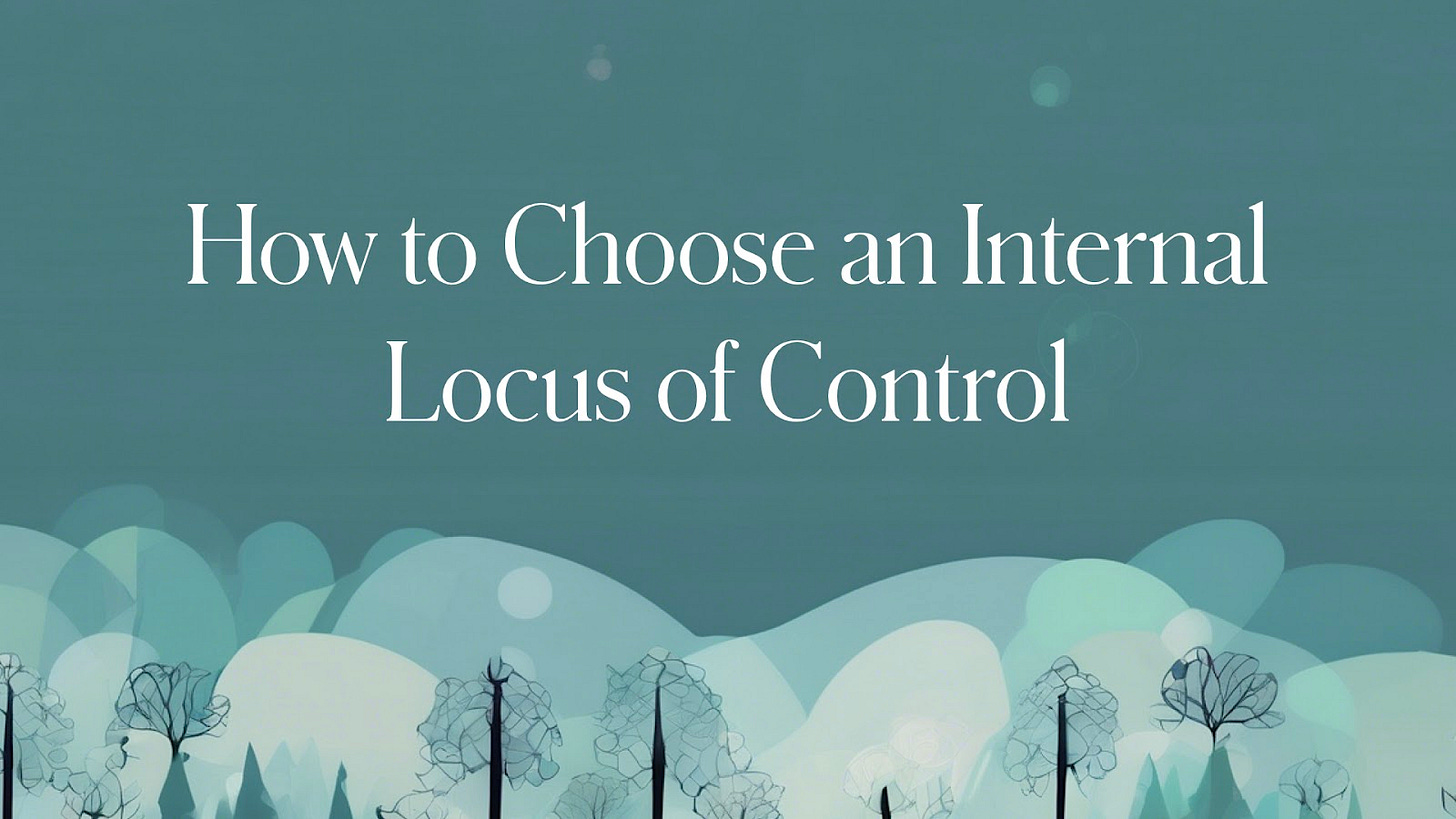
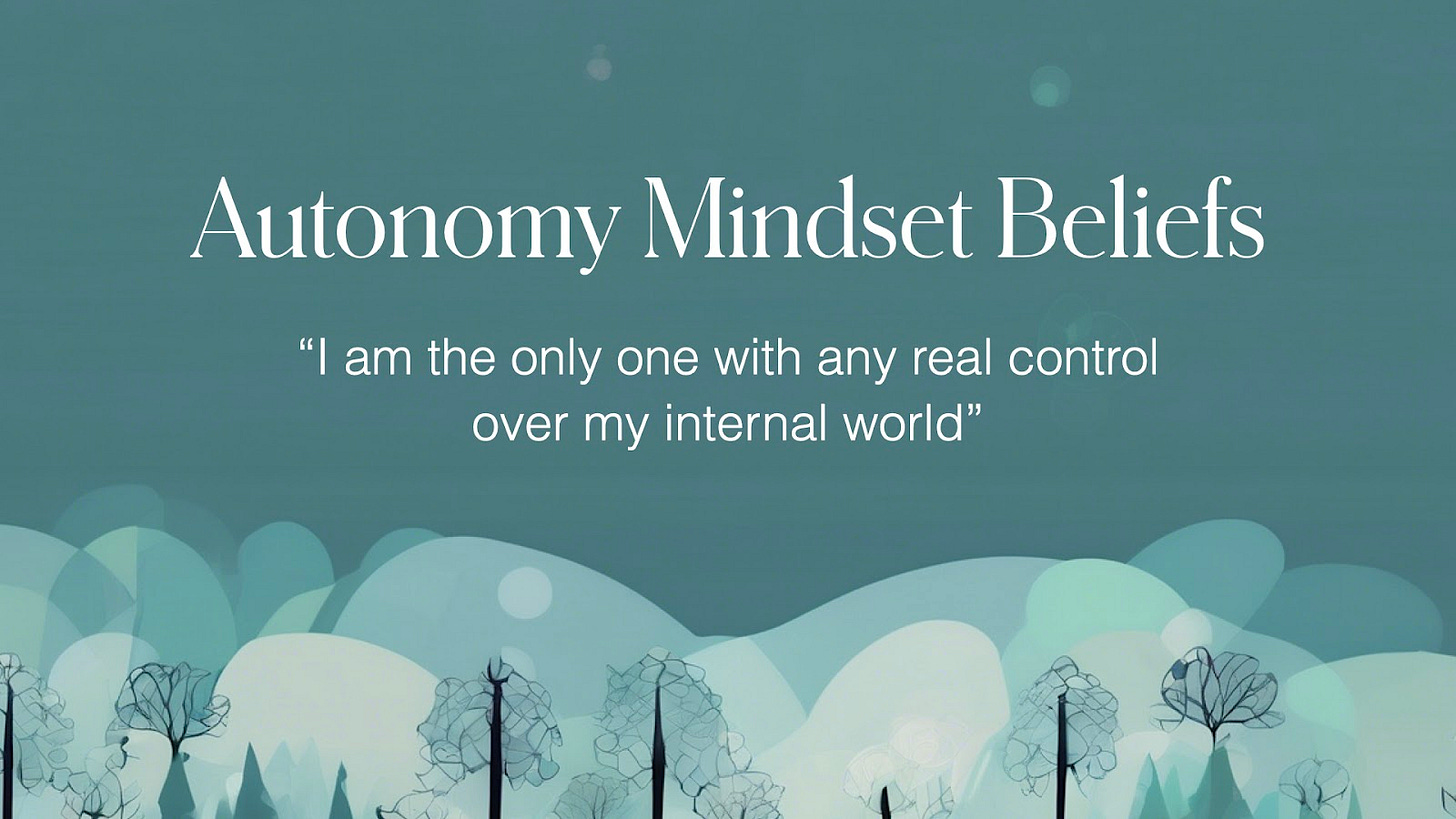
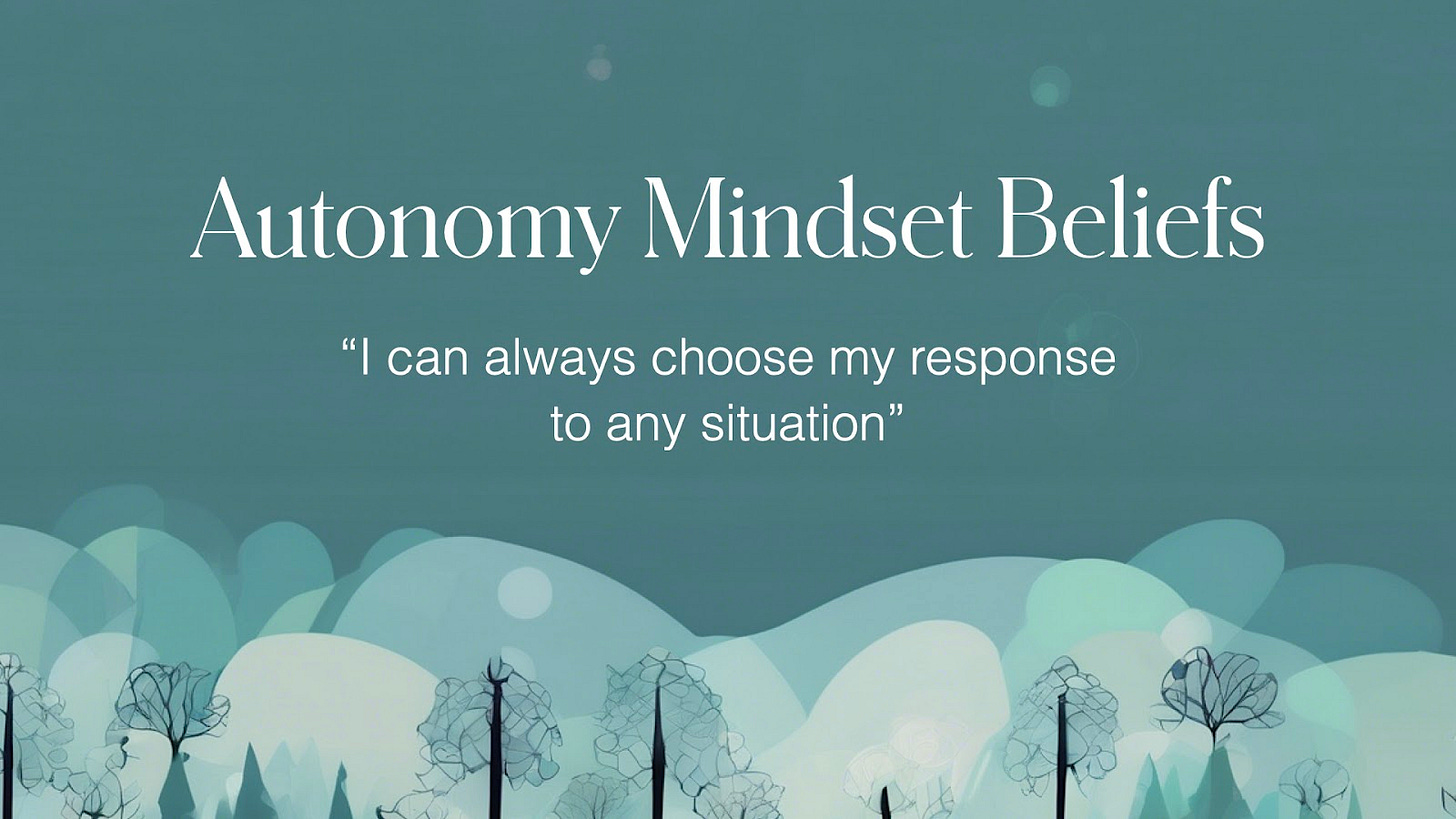
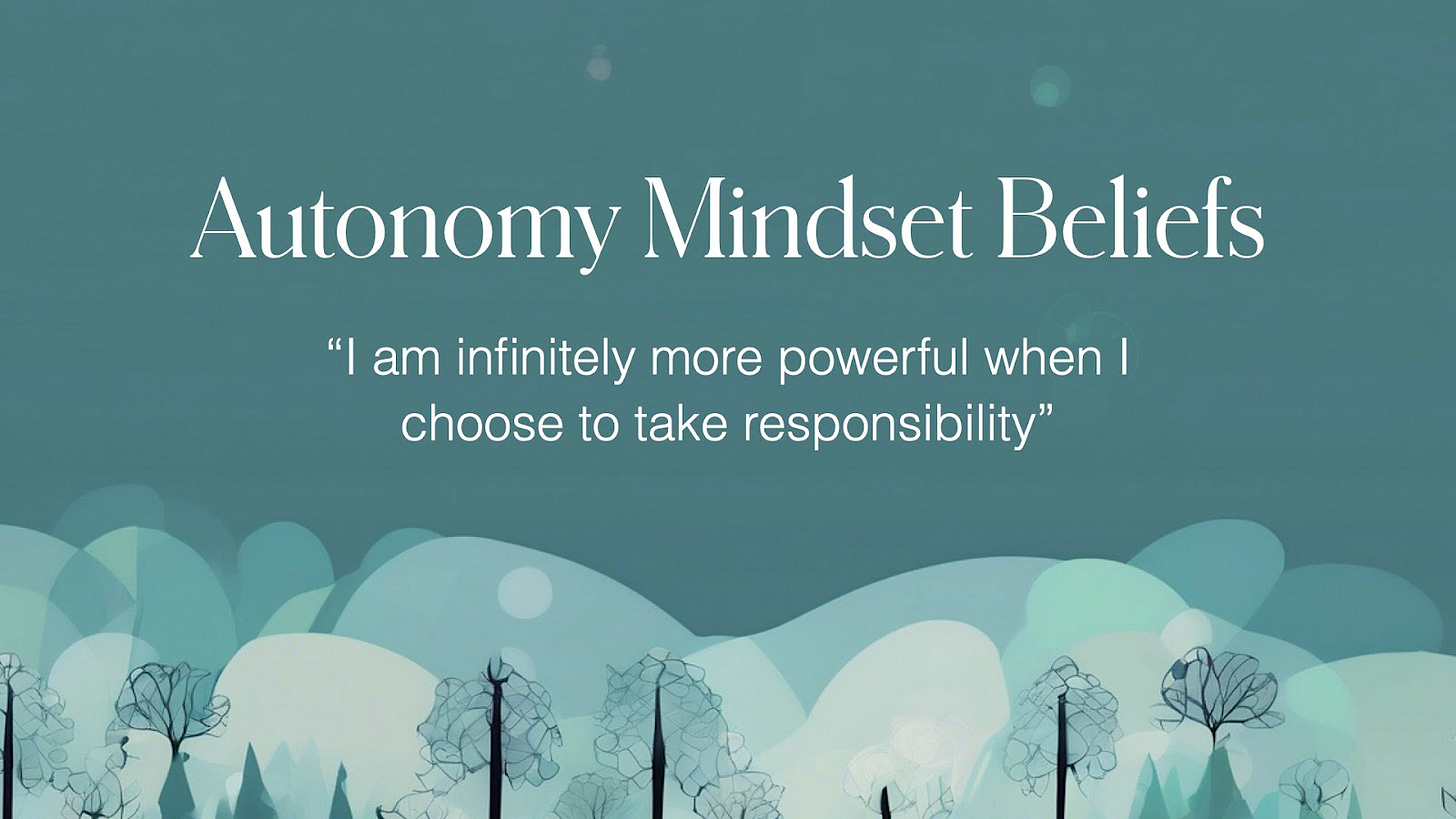
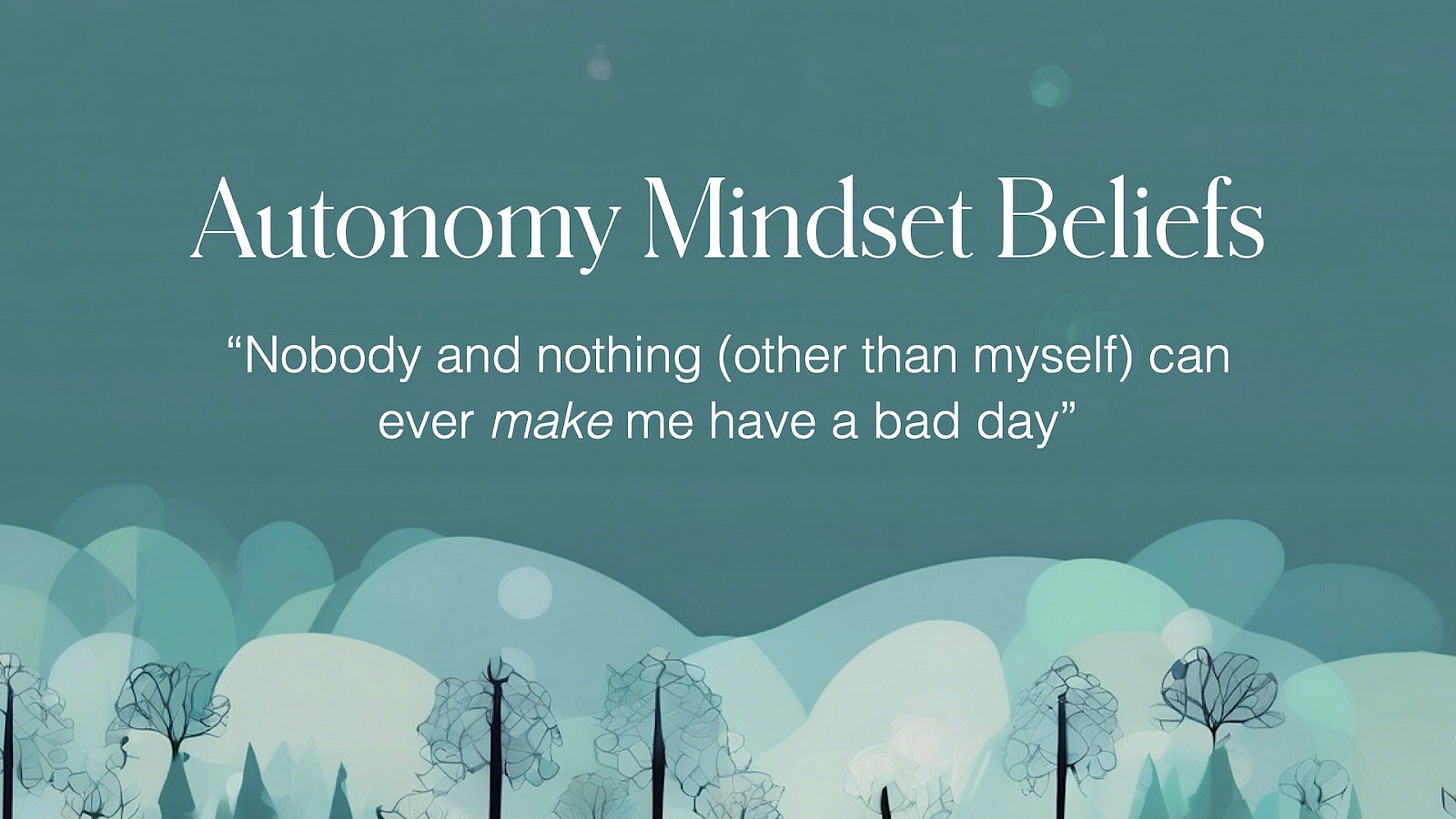
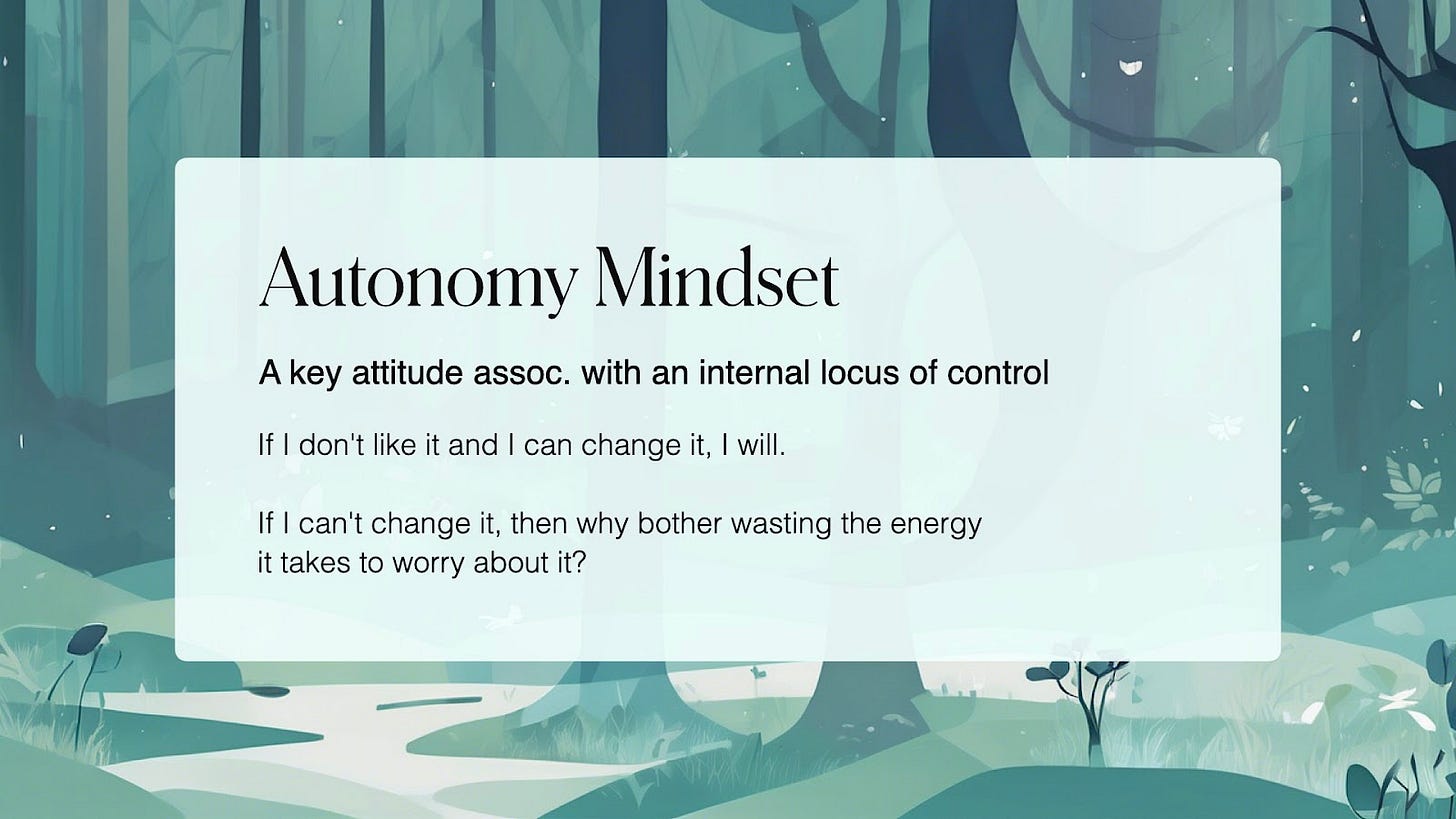
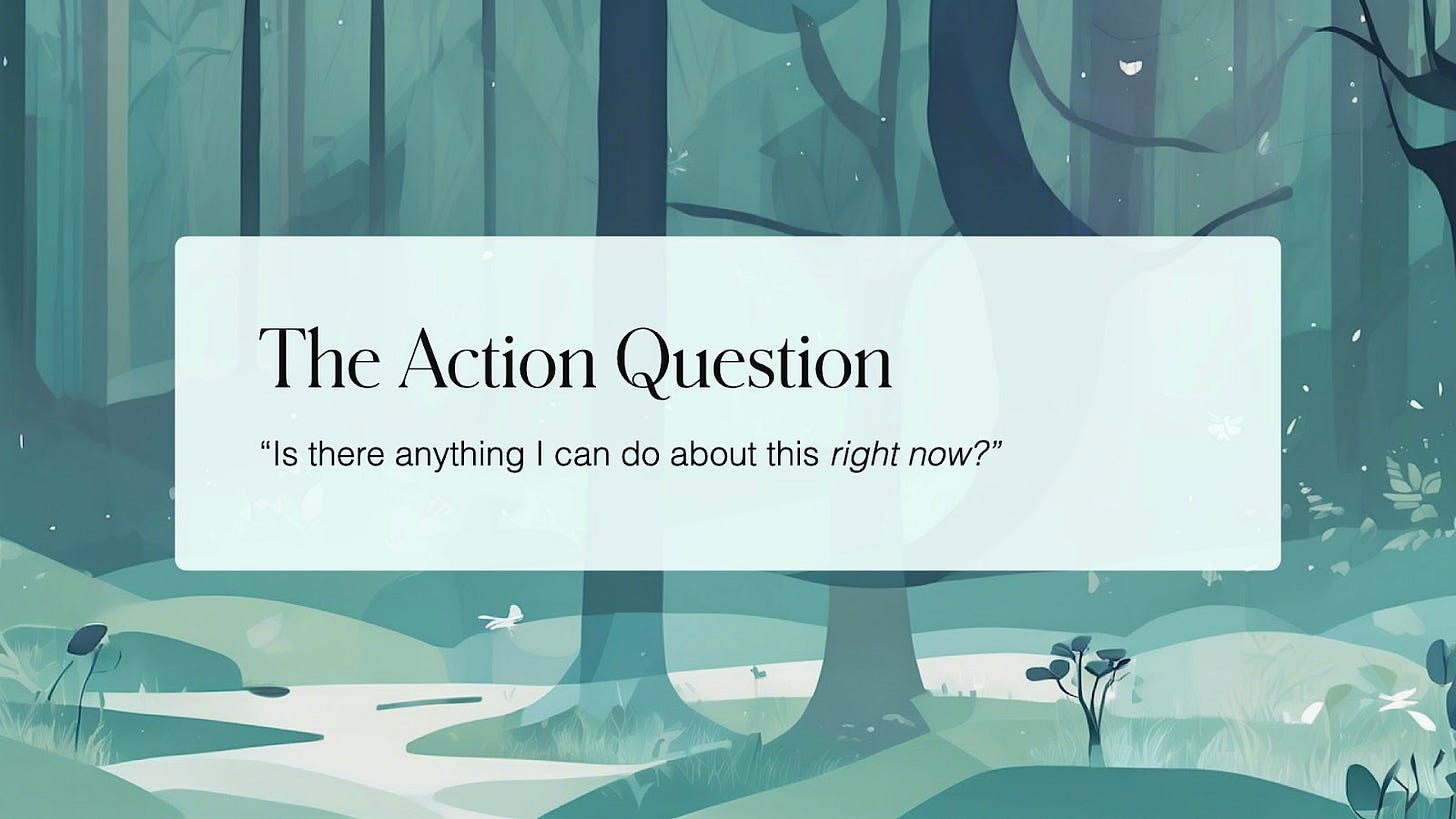
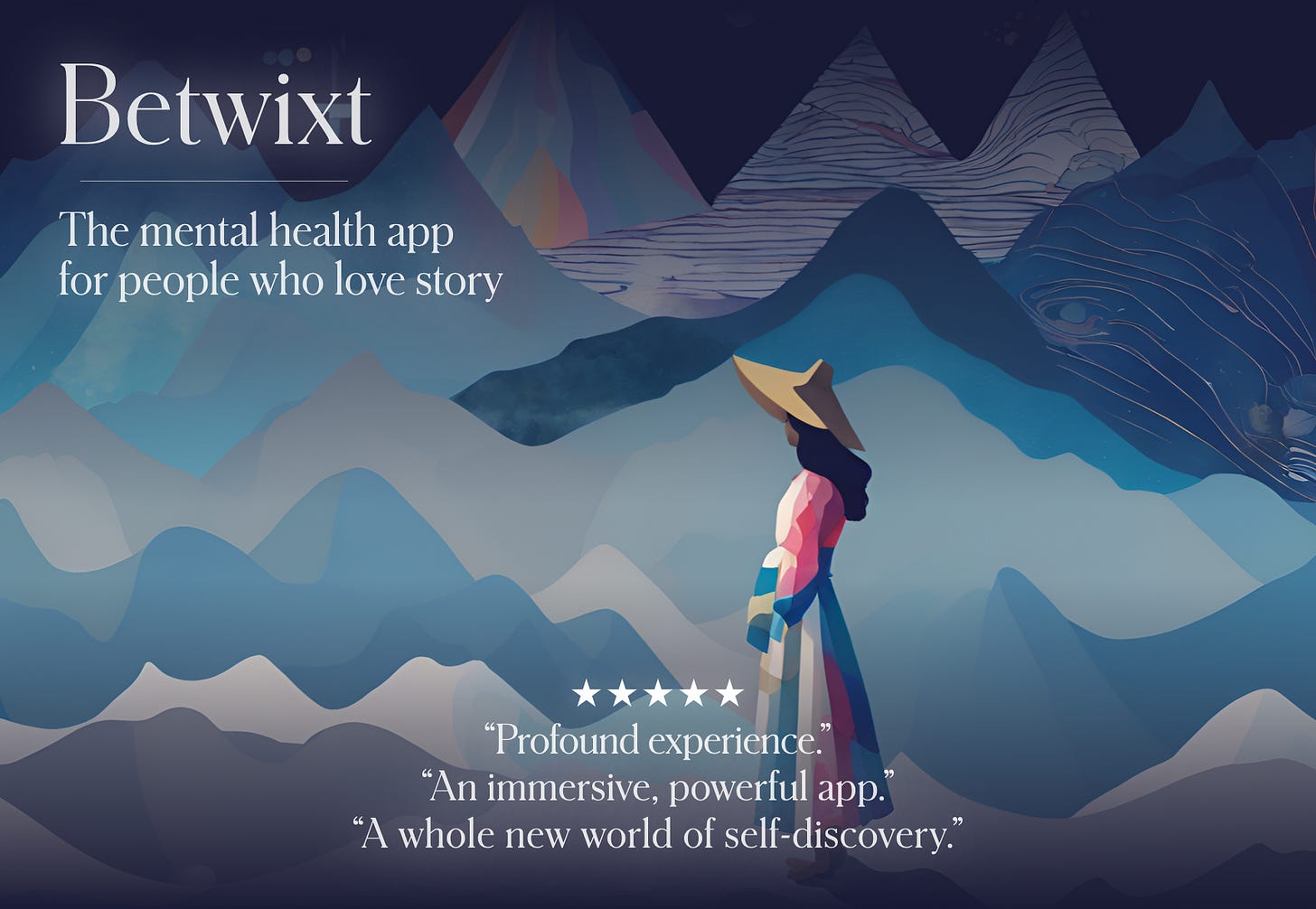
Wonderful video. I have tried a number of times and it works like a charm.
Thank you for exploring this topic, the article is enlightening and clear to understand (to the point you can actually reflect and apply real solutions to shift your mindset!) Last January I started practicing EFT (emotional freedom technique) that focused on responsibility… tapping truly helped me to work on those beliefs but I have to say, I needed this reminder. It is indeed a continuous work and a commitment to yourself, your wellbeing, a daily effort in being aware of what you need to acknowledge and to work on it. Thank you!